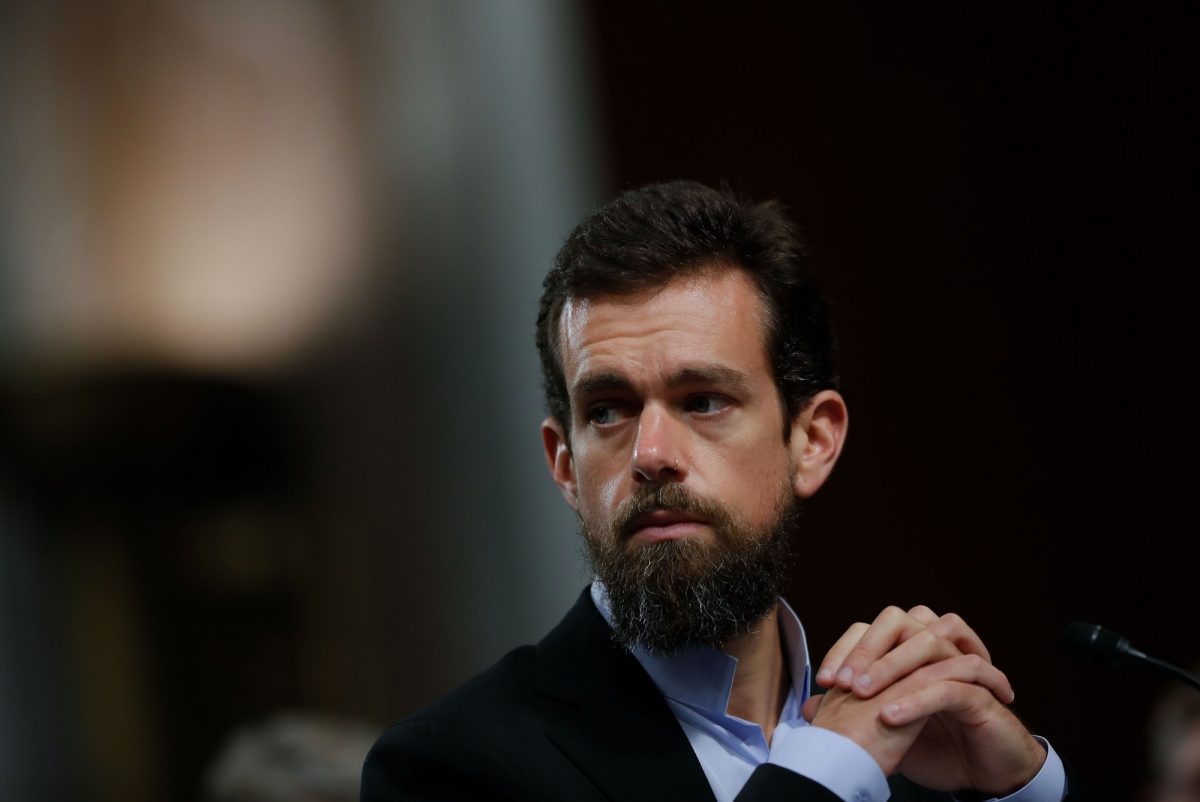After Facebook faced flak from the US House Financial Services Committee last week for its range of missteps from the Cambridge Analytica scandal to the recent announcement that the company will not prohibit political ads that are false or misleading, Twitter is set to ban all political advertising worldwide, saying that the reach of such messages “should be earned, not bought.”
“While internet advertising is incredibly powerful and very effective for commercial advertisers, that power brings significant risks to politics,” company CEO Jack Dorsey tweeted.
Social media rival Facebook recently ruled out a ban on political ads. News of the ban has divided America’s political camps for the 2020 election.
Brad Parscale, manager of President Donald Trump’s re-election campaign, said the ban was “yet another attempt by the left to silence Trump and conservatives.”
But for Bill Russo, spokesman for the campaign to elect Democratic front-runner Joe Biden, “When faced with a choice between ad dollars and the integrity of our democracy, it is encouraging that, for once, revenue did not win out.”
The ban will be enforced from November 22, with full details released by November 15.
Dorsey explained his position in a thread of tweets.
“A political message earns reach when people decide to follow an account or retweet. Paying for reach removes that decision, forcing highly optimized and targeted political messages on people. We believe this decision should not be compromised by money.”
Internet political ads, he said, presented “entirely new challenges to civic discourse.” These challenges included “machine learning-based optimization of messaging”, “micro-targeting, unchecked misleading information, and deep fakes.”
“It’s not credible,” he wrote, “for us to say, ‘We’re working hard to stop people from gaming our systems to spread misleading info, but if someone pays us to target and force people to see their political ad… well…they can say whatever they want!'”
Countering the argument that the new policy might be seen as favouring leaders already in office, he pointed out that “many social movements reach massive scale without any political advertising.”
“This isn’t about free expression. This is about paying for reach. And paying to increase the reach of political speech has significant ramifications that today’s democratic infrastructure may not be prepared to handle. It’s worth stepping back in order to address.”
Ads in support of voter registration would not be affected by the ban, he added
Dorsey’s announcement contrasts Facebook’s recent attempts to justify its decisions to exempt posts by politicians from its third-party fact-checking program and to exempt ads by politicians and from a policy banning false or misleading statements in advertising. The policies have created a contradictory situation for Facebook where it is simultaneously asserting its commitment to reducing misinformation while allowing incumbent politicians and political candidates to lie in paid campaign ads.











